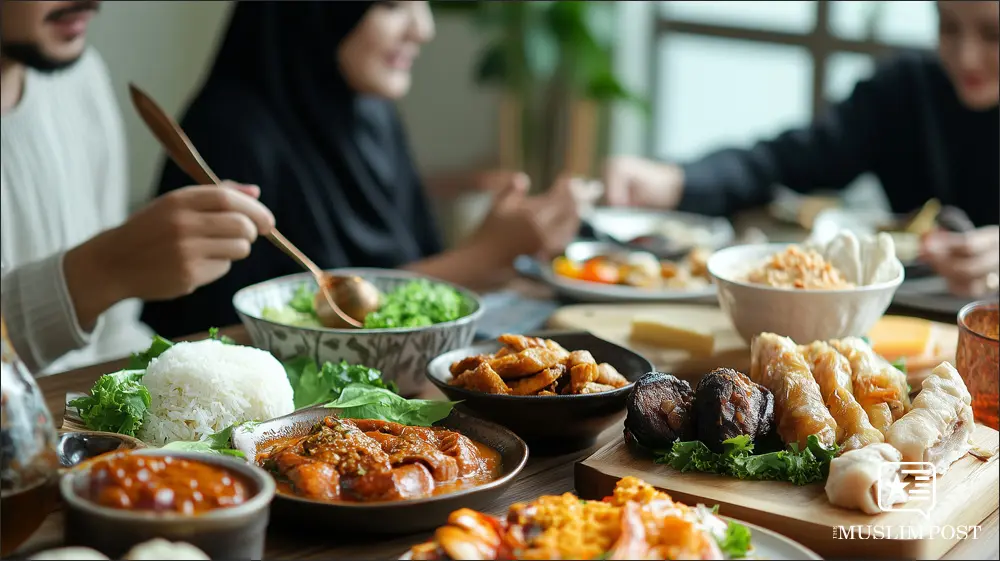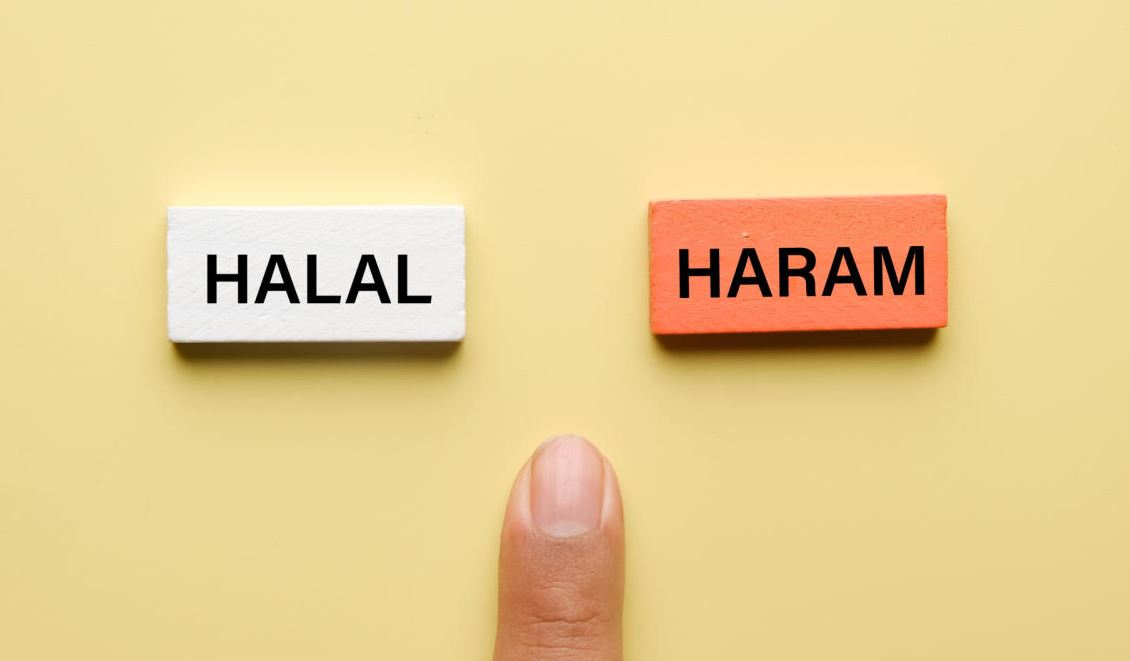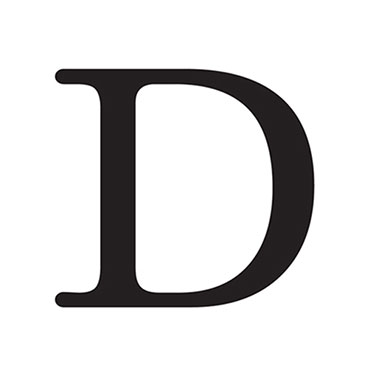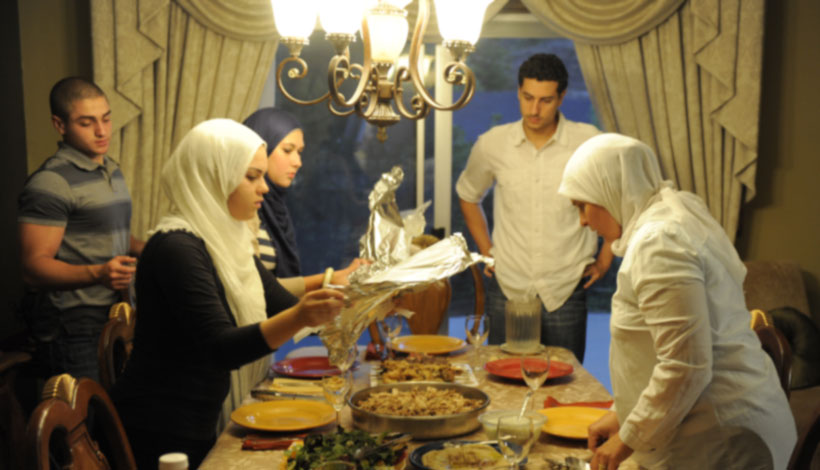The halal food and beverage market in Europe is experiencing remarkable growth as the Muslim population expands and consumer demand for new and exciting halal products continues to rise. With an estimated worth of 15.5 billion and a projected reach of over 20 billion in five years, the market is expected to grow at a compound annual growth rate of 5.61%, according to data from Mender Intelligence. As a result, manufacturers are reevaluating and updating their value chains to cater to the strict food and beverage preparation demands of this expanding consumer base.
Growing Muslim Population and Demand
Europe has become the fastest-growing and most significant market for halal food and beverage products due to the increasing Muslim population. The demographic of Europe’s Muslim population is expected to continue its upward trajectory, prompting the need for halal-certified products to meet the growing demand. Hifza Ibrahim, a quality manager at the Halal Food Authority, emphasized the importance of catering to this population’s dietary needs, stating that halal-certified products extend beyond just food and drink.
Expansion of Product Range
In the past, Muslim consumers often had limited options when it came to ready meals, often having to choose vegan alternatives. However, there has been a shift towards greater variety in halal-certified chilled and frozen ready meals that cater specifically to Muslim consumers’ preference for meat-containing products. This expanding product range reflects the changing preferences and needs of the Muslim consumer base.
Awareness and Opportunities
Muslim consumers are increasingly becoming aware of alcohol-free mocktails and mixed drinks, presenting additional opportunities for the market. While halal food and drink demand is driven by Muslims, the appeal extends beyond this demographic, particularly in regions where halal certification is seen as a symbol of quality. The potential for market growth is underscored by the fact that European brands, including renowned names like Ferrero and Nestle SA, are producing products to halal certification standards.
Regional Market Dynamics
France currently holds the largest market share of Muslim consumers in Europe. The country has seen significant growth in its halal industry, transforming from having a few independent slaughterhouses producing in accordance with Islamic law to mainstream integration of halal food, drink, and other products into everyday consumer life. Supermarket chains like Casino France offer halal product lines, along with well-established halal brands such as Isla Delice, Oriental Viandes, Reghalal, Isla Mondial, Medina, and Saada.
You may be interested
On the other hand, the UK is the fastest-growing market for halal food and beverage sales in Europe, predicted to outgrow all other European markets and potentially reach the same level as France by 2027. The growth is attributed to the rapidly increasing Muslim population in the country. Companies are making substantial investments in this sector, with ventures like halal baby food manufacturing company For Aisha receiving funding through the UK’s Enterprise Guarantee Scheme.
Potential Beyond Europe
While the European market shows significant potential for growth, the Middle East and African markets remain the global leaders in halal sales. Mender Intelligence data predicts annual growth of 7.98% for halal sales in these regions, with an expected value of $3.70 million by 2029. Consequently, European companies are exploring opportunities beyond food and drink sectors, focusing on areas such as medical devices and skincare to cater to the demand in these regions.
The Significance of Halal Certification
Halal certification plays a crucial role in ensuring the authenticity and quality of halal products. Different halal certification bodies across Europe adhere to similar criteria but may have specific requirements for different food and drink categories. Meat, in particular, requires compliance with specific rules to meet halal standards. The sector continues to educate consumers on halal meat production methods, emphasizing animal welfare, hygiene, and religious standards.
The halal food and beverage market in Europe is experiencing exceptional growth, driven by the expansion of the Muslim population and the increasing demand for halal-certified products. Manufacturers and brands are adapting to cater to the preferences of Muslim consumers, offering a wider range of halal options, including chilled and frozen ready meals. The market extends beyond Muslim consumers, with halal certification often regarded as a symbol of quality in regions outside of Europe. The potential for growth in the UK market is particularly promising. As Europe continues to embrace the halal industry, opportunities for expansion and diversification arise, not only within the food and drink sector but also in sectors such as medical devices and skincare. With the Middle East and Africa leading global halal sales, European companies are also exploring opportunities in these regions. As the market evolves, maintaining halal certification standards and meeting the diverse needs of Muslim consumers will be key to capitalizing on this growth.














